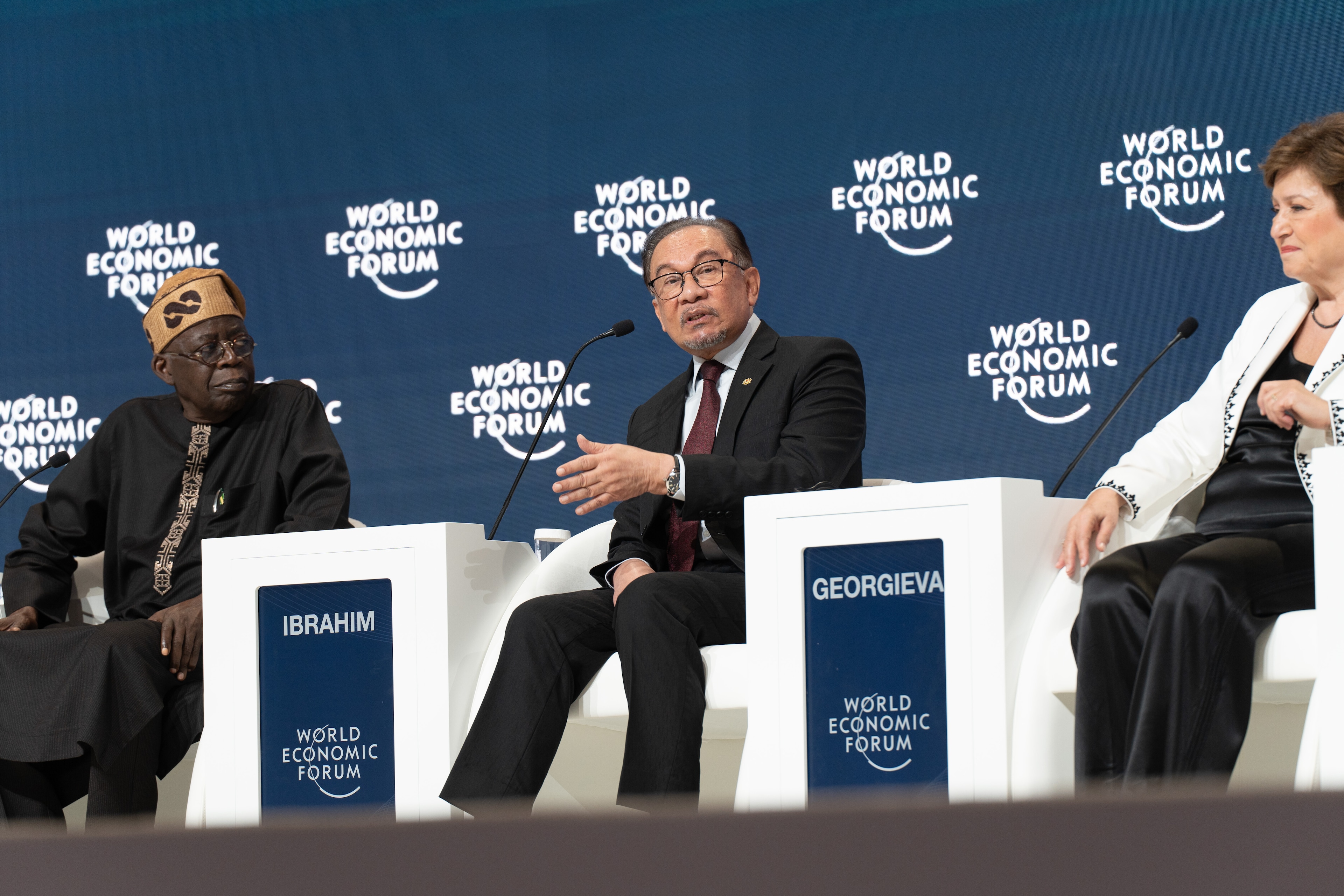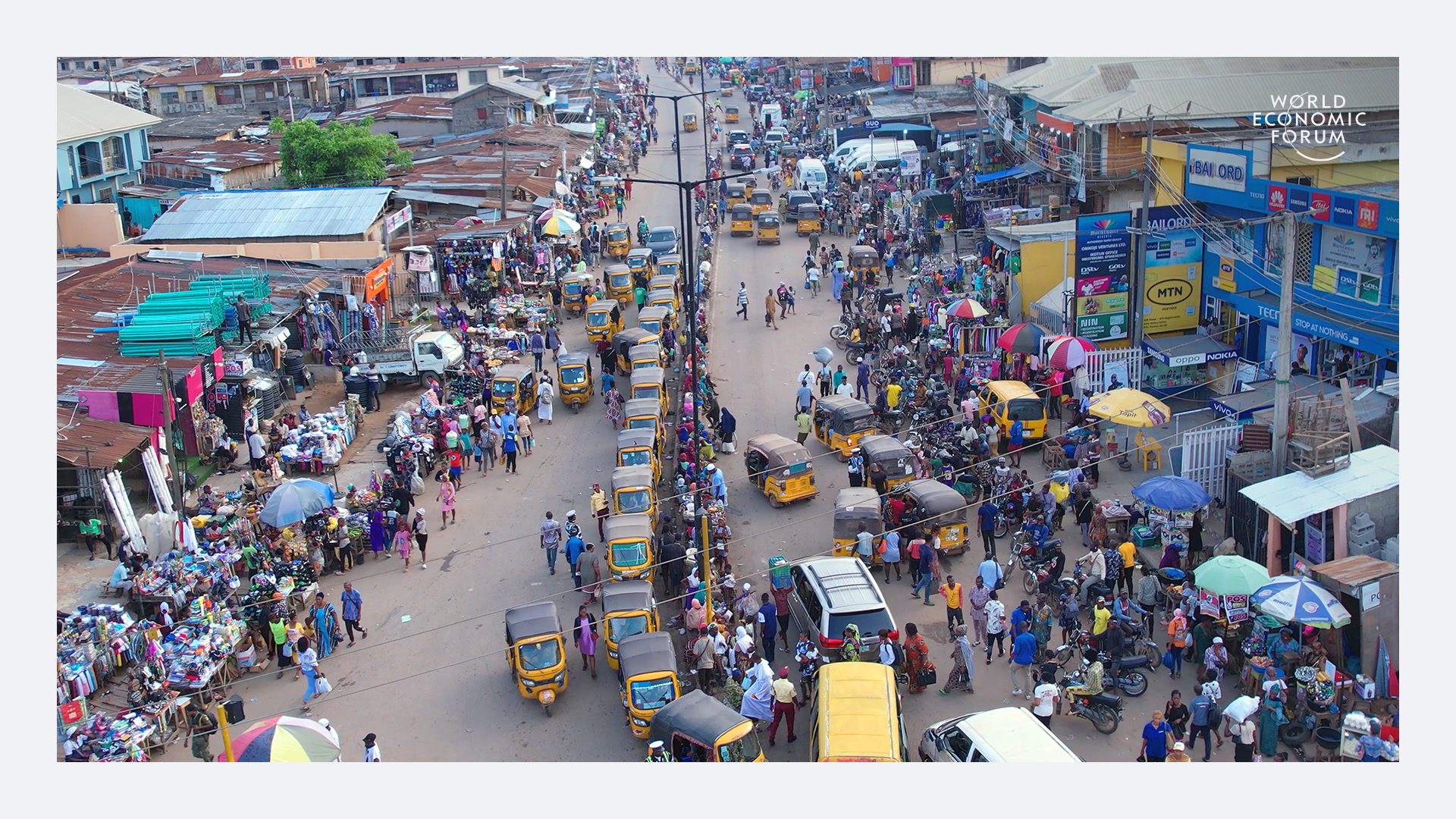How an increase in employment is transforming cities


Get involved with our crowdsourced digital platform to deliver impact at scale
Stay up to date:
Economic Progress
The world economy is picking up speed—Oxford Economics projects solid worldwide growth of 2.8% this year. But the character of tomorrow’s growth isn’t shaping up as in the past; much of it will be concentrated in the world’s cities, especially in Asia.
By 2030, 410 million more people will be living in the world’s top 750 cities. These cities will account for 35% of the world’s population, 61% of the world’s GDP, and 30% of the world’s jobs. This massive increase in employment will transform cities radically— both developed and emerging.
In the US, for example, jobs are coming back to city centers from the suburbs. A new report from the City Observatory details the rather dramatic reversal in the trends favoring suburban sprawl that characterized recent decades.
In 21 of the 41 US areas studied, city centers today outperform their suburbs in terms of job growth. This decline can be attributed in large part to the Great Recession, which stunted growth in outlying areas, where jobs tend to be more focused on the retail and construction sectors—industries that were hit the hardest in the economic downturn.
City centers, however, tend to be home to industries that rely on knowledge workers like those in the finance and high-technology sectors, both relatively strong performers in recent years.
Explaining the shift
Demographic preferences help explain the shift: the young, educated Millennial generation is far more eager to work, shop, and play in the same neighborhood. (Being closer to work is the third-top reason for moving, according to the US Census Bureau.)
Educated Millennials are at the heart of the growth of city centers in the US, as shown by the rebirth of downtown factories as loft living spaces in cities like Asheville, N.C., or St. Louis, Mo. And in an effort to please this burgeoning workforce, more employers are relocating from city peripheries to the downtown core.
Cities worldwide are experiencing similar trends in job and population growth, often for similar reasons. In its Global Cities 2030 report, Oxford Economics projects that 16 of the top 20 cities where demand for office space will grow most strongly through 2030 will be in Asia; 10 of those cities are in China.
Growth abroad
Overall, more advanced cities in Asia are seeing huge growth in city-centric industries like finance, as past drivers of growth like factories move to cheaper, inland cities with more available land. In fact, the top 10 cities for financial and business-services employment changes are all Asian, led by Beijing, Mumbai, and Delhi.
By 2030, Beijing and Chongqing will lead the world in the number of financial and business-services jobs. New York, Tokyo, and London will remain the top global financial centers, but these upstart cities across Asia will be forced to rethink logistics in a number of key areas in order to successfully pull off their economic evolution.
City growth is cascading across other parts of Asia, too. The continent will remain the world’s factory, but production is shifting to less space-constrained cities, like Jakarta, Chongqing, Ho Chi Minh City, and Delhi.
The resurgence of the city center has wide-ranging implications across a number of areas. Some I’ve discussed in past posts, such as energy and transportation. In my next post, I’ll discuss an even more pressing matter as city employment picks up: office space.
This article is published in collaboration with Longitudes. Publication does not imply endorsement of views by the World Economic Forum.
To keep up with the Agenda subscribe to our weekly newsletter.
Author: Peter Harris is UPS’s Director of Sustainability for Europe, the Middle East and Africa.
Image: The TV tower at Alexanderplatz square during sunset in Berlin. REUTERS/Fabrizio Bensch
Don't miss any update on this topic
Create a free account and access your personalized content collection with our latest publications and analyses.
License and Republishing
World Economic Forum articles may be republished in accordance with the Creative Commons Attribution-NonCommercial-NoDerivatives 4.0 International Public License, and in accordance with our Terms of Use.
The views expressed in this article are those of the author alone and not the World Economic Forum.
The Agenda Weekly
A weekly update of the most important issues driving the global agenda
You can unsubscribe at any time using the link in our emails. For more details, review our privacy policy.
More on Economic GrowthSee all
Gayle Markovitz and Kate Whiting
May 2, 2024
Maria Mexi and Mekhla Jha
April 30, 2024
Saadia Zahidi
April 29, 2024
Ahmed Galal Ismail
April 28, 2024
Joe Myers
April 26, 2024






